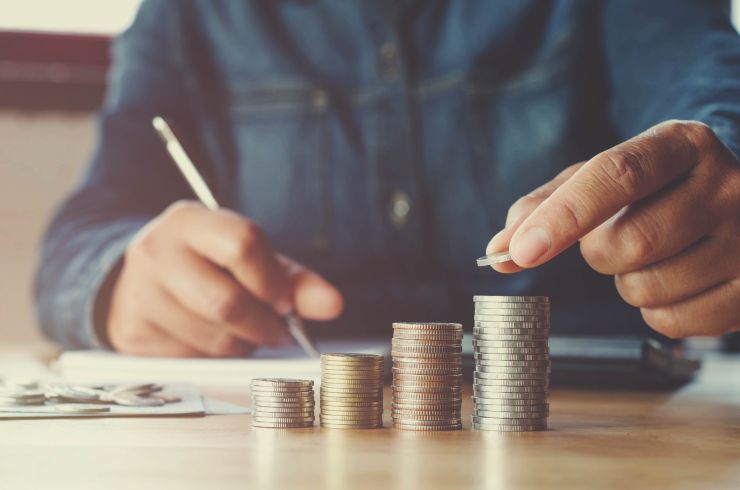
Most Americans are not financially prepared for an emergency.
And there’s a key reason why: They have not set up a dedicated account to save for emergency expenses.
Furthermore, they have not set up automatic transfers from their checking account to their savings accounts.
Whether or not you take those two steps can make or break your financial future — and determine whether you can handle an unexpected car repair or health expense.
A new online survey from GOBankingRates found that 66 percent of individuals have not created an account so that they can save for emergency expenses.
Furthermore, 69 percent have not set up automatic transfers from a checking to a savings account.
And without automated savings, many individuals have a hard time achieving their financial goals.
With automated savings, the money is set aside before you even see it. If instead you plan to move the money on your own, you may be tempted to spend it now instead of set it aside.
“People know that they should be doing better,” said Andrew DePietro, lead researcher at GOBankingRates. “It’s the second part — putting it into action — that’s so hard.”
Adults least likely to have an account for emergencies were those ages 35 to 44. Just 23.7 percent of individuals in that age range said they have a savings account.
Those who were most likely to have a savings account were 65 or older, with 40.7 percent indicating they have an account for emergency expenses.
Younger adult savers — those between 18 to 24 — were most likely to have automatic transfers to their savings account, with 40.8 percent.
Meanwhile, those who were between 25 to 34 were least likely to have automatic transfers in place.
Those in the 18-to-24 age range could be benefiting from automatic features that come with their accounts, DePietro said.
Overall, women were less likely to have these key financial plans in place. Just 30.6 percent of women have an emergency savings account, versus 37.2 percent of men.
And just 27.9 percent of women have automatic transfers to their savings accounts, versus 35.5 percent of men.
While men are slightly more proactive, “across the board, Americans just aren’t investing enough,” DePietro said.
GOBankingRates’ online survey was conducted in January and included 500 individuals.


